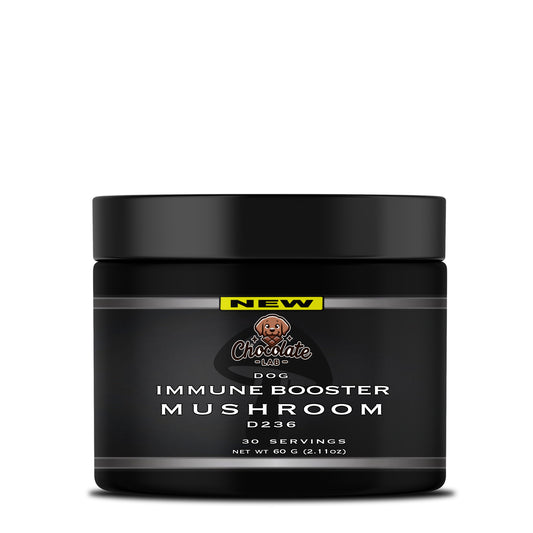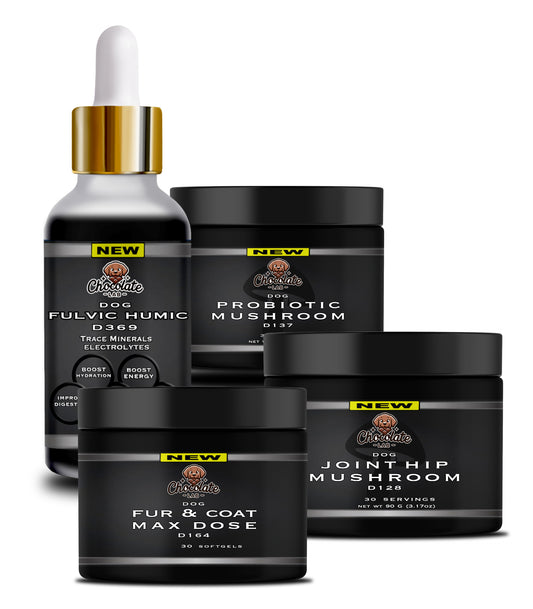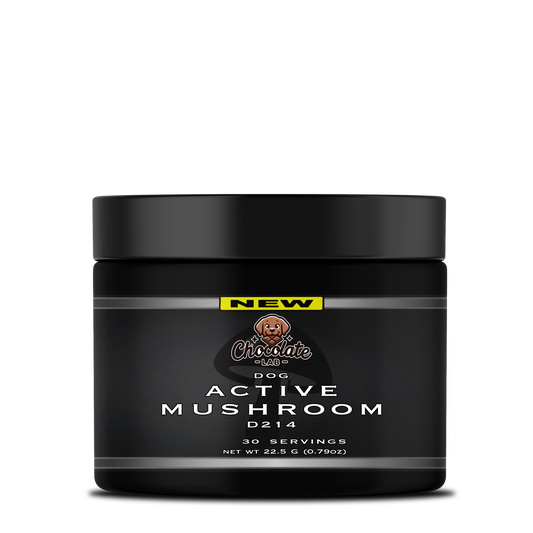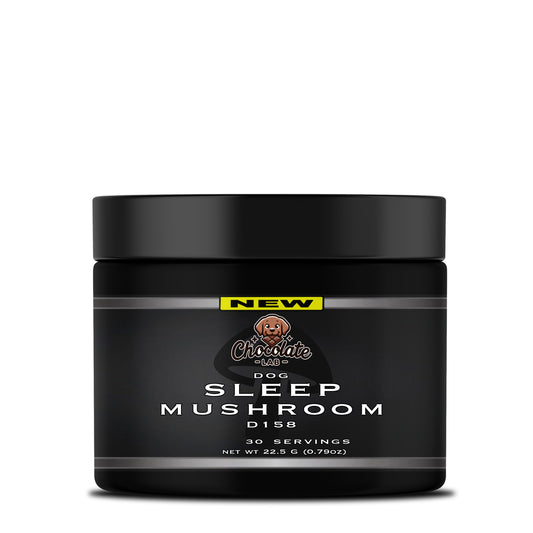Understanding the Safe Dosage of Oregano Oil. This essential guide delves into the crucial aspects of using oregano oil responsibly. Known for its powerful antimicrobial properties, oregano oil can be a potent ally against various health issues. However, it's vital to understand the appropriate dosage to avoid potential side effects. Join us as we uncover the recommended dosages, signs of overuse, and tips for safe consumption.
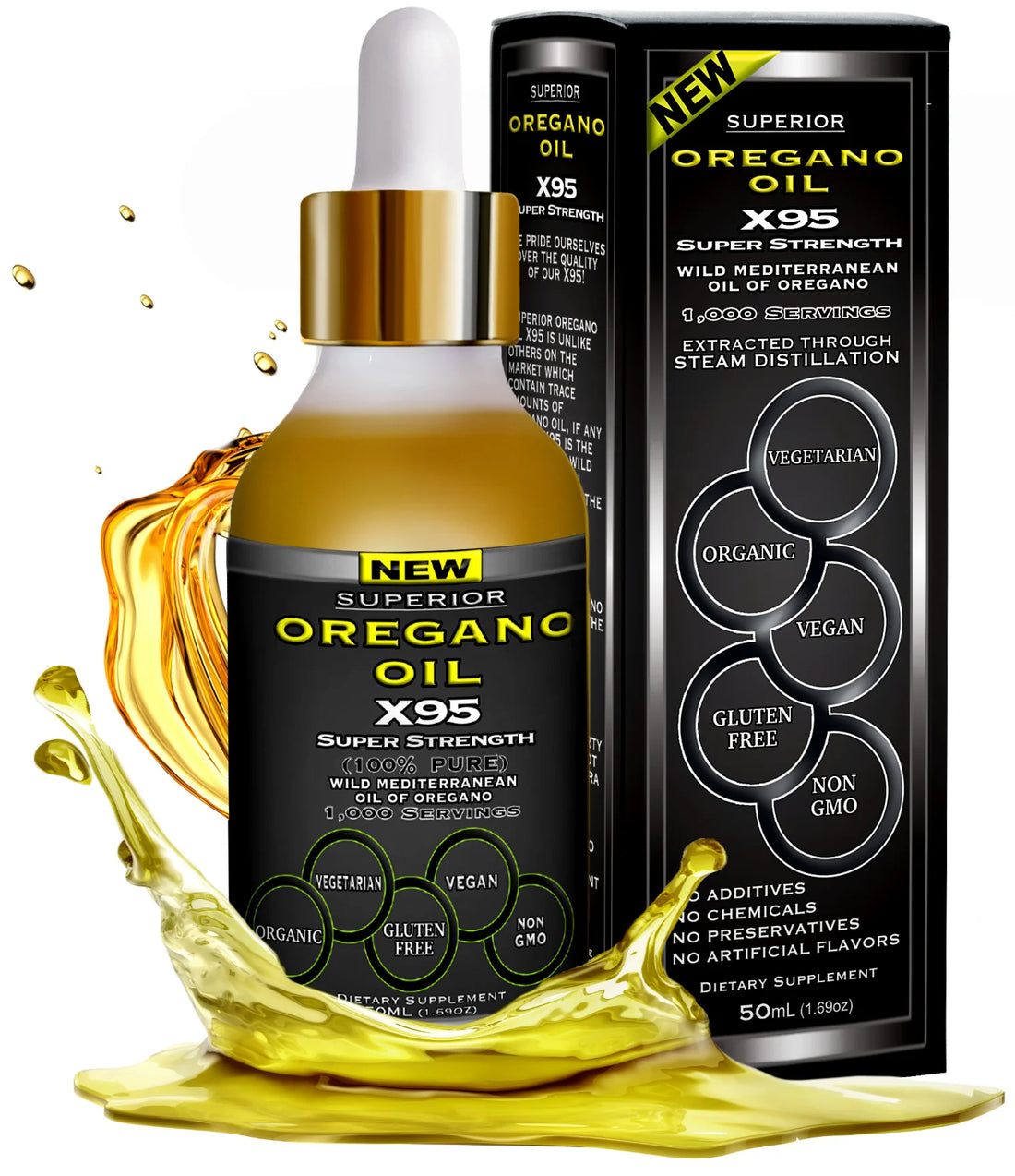
How Much Oregano Oil is Too Much?
Oregano Oil: An Exhaustive Guide to Its Benefits, Safe Dosages, and Potential Risks
Published on 02/07/2024, 1:00 AM MST
Last Updated on 02/15/2024, 8:14 PM MST
Table of Contents
- The Growing Popularity of Oregano Oil: An Introduction
- Diving Deep into the Essence of Oregano Oil
- Unveiling the Multifaceted Benefits of Oregano Oil
- Dosage Dilemmas: How Much Oregano Oil Is Enough?
- Steering Clear of Risks: What Happens When You Take Too Much Oregano Oil?
- Consult the Pros: When to Seek Expert Advice
- Parting Thoughts: A Balanced Approach to Oregano Oil
- FAQ: Your Burning Questions Answered
The Growing Popularity of Oregano Oil: An Introduction
Oregano oil is riding a wave of popularity that shows no signs of cresting anytime soon. Originating from the leafy greens of the Origanum vulgare plant, oregano oil has captivated the health-conscious and the curious alike. Once merely a humble herb relegated to the depths of your spice cabinet, it has transcended its culinary boundaries to emerge as a sought-after supplement and therapeutic agent.
Background and Historical Uses
You might be familiar with oregano as the Italian grandma's secret to an authentic pasta sauce, but its history stretches far and wide. It was highly esteemed in ancient civilizations, from the Greeks who used it to anoint newlyweds, to the Romans who extended its culinary use across their empire. Fast forward to the 21st century, and it’s no longer just a kitchen staple; it's the subject of clinical research and a frequent topic on wellness blogs.
Media Limelight and Online Frenzy
It's not uncommon to scroll through your social media feed and stumble upon a testimonial raving about oregano oil's ability to ward off colds, treat acne, or even alleviate chronic conditions. Popular health influencers and wellness gurus swear by its versatile applications, and scientific studies are beginning to offer empirical support for these claims.
A Flourishing Market
Health food stores and online platforms are teeming with various forms of oregano oil—capsules, liquid tinctures, and even infused balms and creams. With the market expected to grow exponentially, it’s evident that oregano oil is not a passing trend but a health remedy that has caught the collective imagination. Especially when you consider the all-natural, high-quality products like our Oregano Oil Drops, you can easily understand the enthusiasm surrounding it.
Public Perception and Credibility
While newbies might question the hype, the consensus among its loyal fanbase is that oregano oil's benefits far outweigh any skepticism. Community forums and self-help health groups are rife with anecdotal evidence, often filled with statements like "I took oregano oil for my sinus infection, and it worked wonders!" or "How much oregano oil should I take for a UTI?". These real-life experiences only fuel its rising credibility.
In summary, the popularity of oregano oil is not by mere chance; it’s a culmination of historical reverence, social media buzz, consumer testimonials, and emerging scientific research. It's an herbal phoenix, rising from the ashes of its humble culinary past to claim a pivotal role in modern natural medicine.
Diving Deep into the Essence of Oregano Oil
When we talk about oregano oil, we're not merely discussing a fad in the ever-evolving wellness landscape. This potent liquid is a fascinating cocktail of bioactive compounds, each serving a specific role in contributing to its medicinal prowess. To truly appreciate oregano oil, it's essential to delve into its nitty-gritty details—its extraction, components, and the critical differences between its various forms.
Oil of Oregano vs. Oregano Essential Oil: Understanding the Differences
The first question that springs to mind for many is: "How much oil of oregano should I take?" Before we get to that, it's imperative to distinguish between Oil of Oregano and Oregano Essential Oil. While both originate from the oregano plant, their uses are vastly different. Oil of Oregano is diluted, often with a carrier oil like olive oil, making it suitable for ingestion or topical application. On the other hand, Oregano Essential Oil is a more concentrated version and should never be consumed or applied directly to the skin without proper dilution.
The Intricacies of Extraction
The process of transforming oregano leaves into a bottle of oil is nothing short of alchemy. Typically, it's obtained through steam distillation, a method that ensures the beneficial compounds are retained while eliminating any harmful substances. The quality of the oil can vary depending on the region where oregano is sourced and the method of extraction, making it vital to choose a reputable brand like our Oregano Oil Drops.
Forms and Varieties: A World of Choices
So, how much oregano oil should you take? Well, that can depend on its form. Oregano oil comes in various preparations, each designed to serve a specific need:
- Capsules: Ideal for those who find the oil's taste overpowering.
- Liquid Tinctures: Offers rapid absorption and versatile uses.
- Topical Creams and Balms: Perfect for skin conditions and muscle aches.
- Inhalers and Vaporizers: Used for respiratory issues like asthma or bronchitis.
Cooking vs. Therapeutic Uses
Don't get confused between cooking oregano and its oil form designed for therapeutic use. While oregano is a staple in Mediterranean and Mexican cuisines, oregano oil is much more potent and isn't typically used in your everyday cooking recipes.
Active Compounds: The Real Heroes
What makes oregano oil such an effective natural remedy? The answer lies in its bioactive compounds, particularly carvacrol and thymol. These substances are renowned for their antibacterial, antiviral, and anti-inflammatory properties. They're the driving forces behind oregano oil's ability to act as a natural antibiotic, an antifungal agent, and even an immune system booster.
In summary, understanding the essence of oregano oil means appreciating its complex makeup and versatile applications. The next time you wonder, "How much oregano oil per day is safe to take?", remember that the answer may lie in the intricate details of this remarkable natural elixir.
Unveiling the Multifaceted Benefits of Oregano Oil
Unpacking the benefits of oregano oil is like opening a treasure chest filled with wellness gems. This aromatic oil is not just an ornament on the shelf of your local health store; it's a multifunctional powerhouse with scientifically backed advantages. So let's turn on the spotlight and reveal the numerous ways oregano oil can invigorate your life.
Rich in Antioxidants: A Shield Against Free Radicals
Your body is like a battleground, where free radicals wage war on your cells. But fear not! Oregano oil acts as a knight in shining armor, thanks to its antioxidant properties. It's rich in compounds like carvacrol, thymol, and rosmarinic acid, which help neutralize free radicals, thus safeguarding your cells from oxidative stress. If you're wondering how to incorporate antioxidants into your life, a few drops of our oregano oil drops can be an excellent place to start.
Understanding Free Radicals and Their Implications
Free radicals are unstable molecules that, when left unchecked, can damage cells and contribute to aging and diseases like cancer. Antioxidants from oregano oil intervene, capturing these rogue elements before they inflict harm. It's this property that often gets people asking, "How much oregano oil should I take for its antioxidant benefits?"
The Natural Alternative to Antibiotics: Combatting Infections and Bacterial Overgrowth
Oregano oil's antibacterial properties are not to be underestimated. It's been the subject of numerous studies focusing on its effectiveness against various strains of bacteria, such as E. coli and Salmonella. Oregano oil can serve as a formidable weapon in the fight against bacterial infections, thus reducing the need for antibiotics.
Respiratory, Digestive, and Immune System Booster
If you're frequently asking, "How much oregano oil for sinus infection?", look no further. Not only can oregano oil help clear congested airways, but it also offers a holistic approach to respiratory wellness. In addition, its calming effects on the digestive system and its ability to boost the immune response make it an ideal addition to any wellness routine.
Treating Common Issues: From Athlete's Foot to Parasites
Oregano oil doesn't shy away from skin conditions and parasitic infections either. Its antifungal and antiparasitic attributes make it effective against issues like athlete's foot, ringworm, and even internal parasites like intestinal worms. For those grappling with fungal issues, the question often is, "How much oregano oil should I take?" The answer lies in its application; whether it’s used topically or internally depends on the condition being treated.
Managing Inflammatory Conditions and Lowering Cholesterol Levels
Inflammation is the body's silent alarm, often signaling underlying issues. Oregano oil helps in managing inflammatory conditions like arthritis by reducing inflammatory markers. Moreover, preliminary studies suggest it can also play a role in lowering cholesterol levels, making it a remarkable all-rounder.
Beyond the Obvious: Pain Relief, Insect Repelling, and Wound Healing
One of the less explored yet intriguing benefits is oregano oil's role in pain relief. It's been shown to inhibit the body's pain signals, providing relief from muscle aches and spasms. And if you're camping or hiking, don't forget your oregano oil; its natural insect-repelling properties can make your experience much more enjoyable. Lastly, its antiseptic qualities make it beneficial for wound healing, providing a natural first-aid solution.
In wrapping up this section, it’s clear that oregano oil's benefits are as extensive as they are impressive. Whether you're seeking relief from common ailments or looking to boost your overall health, oregano oil emerges as a compelling candidate for natural wellness. The key takeaway? Don’t underestimate this tiny but mighty vial of herbal goodness.
Dosage Dilemmas: How Much Oregano Oil Is Enough?
Navigating the labyrinth of oregano oil dosages can be a bit like solving a puzzle with pieces that seem deceptively similar. In a realm where a drop too many could tilt the balance from beneficial to bothersome, knowing how much oregano oil is too much is crucial. So let's dive into the complexities and help you find your ideal dosage, whether you're dealing with a sinus infection, a UTI, or simply enhancing your wellness regimen.
Ailment-Specific Dosage: The Targeted Approach
The first thing to note is that the "how much oregano oil per day" query is dependent on your purpose for using it. For example:
- Sinus Infections: Many people ask, "How much oregano oil for sinus infection?" The typical answer is 2-3 drops mixed with a carrier oil, used as a steam inhalation.
- Urinary Tract Infections (UTIs): If you're plagued by a UTI and are pondering, "How much oregano oil for UTI?", the dosage might be higher, around 4-6 drops taken internally, but only under professional guidance.
- General Wellness: If you’re just looking to boost your overall health, a daily dose of 1-2 drops could suffice. This could be ingested by mixing it with water or applied topically when mixed with a carrier oil.
| Ailment | Typical Dosage | How to Use |
|---|---|---|
| Sinus Infections | 2-3 Drops | Steam Inhalation |
| UTI | 4-6 Drops | Internal Use (Consult a Professional) |
| General Wellness | 1-2 Drops | Mixed with Water or Carrier Oil |
Permissible Daily Intake: What’s the Cap?
When considering how much oregano oil to take, it's essential to also consider how much is too much. Excessive internal use—more than 6 drops a day for an adult—can lead to problems such as gastric distress. If you've ever thought, "I took too much oregano oil," your best course of action is to immediately consult a healthcare professional.
Man's Best Friend and Oregano Oil: How Much Is Safe for Dogs?
For the pet parents out there, you may wonder, "How much oregano oil can I give my dog?" While the oil can be beneficial for pets too, extreme caution is needed. Always consult your vet before administering oregano oil to your furry friend. The typical safe dosage is often diluted to a fraction of a drop per day, mixed in with food.
Factor in Quality and Purity: Don't Skimp on Standards
Quality plays an imperative role in dosage. Not all oregano oils are created equal, and impurities can muddle the benefits. If you're in search of a high-quality option, our organic oregano oil drops are a stellar choice, formulated for both efficacy and purity.
Importance of Professional Consultation: Don't Guess, Assess!
Last but not least, always consult with a healthcare provider, especially if you plan to use oregano oil for specific health issues. They can guide you on how much oil of oregano you should take per day, and what contraindications or interactions you should be aware of.
By understanding your specific needs, you can tailor your oregano oil dosage for optimal benefits while sidestepping potential pitfalls. Consider this your road map to using oregano oil effectively and safely, a tool to empower your wellness journey.
Steering Clear of Risks: What Happens When You Take Too Much Oregano Oil?
Let's get right to the point: Too much of a good thing can be bad, and oregano oil is no exception. While it comes with a cornucopia of health benefits, going overboard can usher in a slew of issues you'd rather avoid. So, let's explore the darker alleys of oregano oil usage to ensure you stay on the sunlit path of wellness.
Common Side Effects: The Usual Suspects
If you're dabbling in oregano oil, you might wonder what pitfalls lie in wait should you accidentally think, "More is better!" So, here are the common side effects you might encounter:
- Skin Irritations: Even when diluted, oregano oil can lead to skin irritations and rashes. This is especially common for people with sensitive skin.
- Digestive Upset: Nausea, vomiting, and gastric discomfort can occur if you consume too much. Some might think, "I took too much oregano oil," after experiencing these symptoms.
- Blood Sugar Fluctuations: High doses can lower blood sugar levels, posing risks for diabetics or those taking medication for blood sugar control.
| Side Effect | Symptoms | Recommended Action |
|---|---|---|
| Skin Irritations | Rash, redness | Stop use, consult a healthcare provider |
| Digestive Upset | Nausea, vomiting | Stop use, consult a healthcare provider |
| Blood Sugar Changes | Hypoglycemia | Monitor levels, consult a healthcare provider |
Serious Health Risks: Venturing into Dangerous Territory
Taking oregano oil too much could lead you down a road of much graver issues:
- Abortifacient Effects: Excessive oregano oil intake has been linked to uterine contractions and should be avoided during pregnancy.
- Cardiac and Respiratory Risks: At very high doses, oregano oil can cause cardiac and respiratory collapse, although this is exceedingly rare.
Can Too Much Oregano Oil Be Harmful to Pets?
For those asking, "How much oregano oil should I give my dog?", heed this warning: Canines are more sensitive to essential oils. Side effects can range from mild digestive issues to severe toxicity, so always consult your vet.
The 1500 mg Question: Is it Too Much?
One query that often pops up is, "Is 1500 mg of oil of oregano too much?" The answer leans towards a resounding 'yes' for most people, especially if you're taking it in a single dose. If you’re ever uncertain, err on the side of caution and consult a professional.
What to Do If You Overdose
Immediate action is essential if you suspect an overdose. Stop use immediately, drink plenty of water, and consult a healthcare provider. Keep in mind that activated charcoal may be used in some cases of overdose, but this should only be administered under professional supervision.
Quality Over Quantity: Why Purity Matters
Adverse reactions can sometimes be traced back to impurities or additives in lower-quality products. To ensure you're getting a high-quality, pure product that minimizes risks, consider our oregano oil.
Navigating the potential downsides of oregano oil might feel like walking a tightrope, but knowledge is your safety net. Armed with this information, you can make empowered choices and maximize the benefits while minimizing the risks.
Consult the Pros: When to Seek Expert Advice
While self-empowerment in healthcare is commendable, some situations necessitate calling in the experts. When it comes to oregano oil, its potent properties can be both a gift and a curse, making professional advice invaluable. Here's when you should put down that dropper and pick up the phone to consult a healthcare provider.
Preliminary Precautions: Pre-existing Conditions
If you have a pre-existing condition like diabetes, asthma, or heart disease, consult a healthcare provider before adding oregano oil to your regimen. This is also true for those who are pregnant or nursing. Experts can provide personalized recommendations, such as how much oregano oil per day is safe for your specific condition.
Symptomatic Situations: When to Worry
Some symptoms scream, "Consult a professional!" without ambiguity:
- Severe Allergic Reactions: Symptoms like hives, difficulty breathing, or swelling demand immediate medical attention.
- Prolonged Gastric Distress: If you've experienced ongoing digestive issues like nausea or vomiting, it's time to talk to a healthcare provider.
- Unregulated Blood Sugar: For diabetics or those on blood sugar medications, consult a healthcare provider if you notice fluctuating blood sugar levels.
| Trigger for Consultation | Time Frame | Next Steps |
|---|---|---|
| Severe Allergic Reaction | Immediate | Seek emergency medical attention |
| Prolonged Gastric Distress | After 24-48 hours | Consult a healthcare provider |
| Unregulated Blood Sugar | Within a few hours | Check blood sugar levels, consult healthcare provider |
Paediatric and Pet Puzzles
If you're contemplating, "How much oregano oil should I give my dog?" or "Is it safe for my child?", you're in consultation territory. Pediatricians and veterinarians are your go-to advisors for specialized cases like these.
Drug Interactions: The Subtle Nuances
Oregano oil has known interactions with blood thinners, diuretics, and antidiabetic drugs, among others. If you're on medication, a healthcare provider can guide you through potential drug interactions and tell you how much oregano oil to take without complications.
Resistant Infections and Chronic Illness
Are you considering oregano oil for a resistant bacterial infection or chronic illness like Lyme disease? These situations are complex, and a healthcare provider will help you navigate the intricacies, such as how much oregano oil for a sinus infection or UTI is appropriate.
Clinical Testing and Monitoring
In some instances, healthcare providers may recommend blood tests or other clinical tests to monitor the impact of oregano oil, especially when used for an extended period.
By knowing when to seek expert advice, you’re not just being cautious; you're being smart. This proactive approach ensures that you're getting the most out of your oregano oil while minimizing potential downsides. Consider our Wellness Drops Bundle for a well-rounded approach to health, but as always, consult the pros when in doubt.
Parting Thoughts: A Balanced Approach to Oregano Oil
As we wrap up this comprehensive guide, it's essential to circle back to the idea of balance—something that holds true not just for oregano oil but for any supplement you introduce into your life. Oregano oil is a potent elixir filled with beneficial compounds, but it's not a miracle cure-all. Just like any good thing, moderation is key.
The Quest for Equilibrium: Dosage and Duration
First and foremost, correct dosage is crucial. The question that many ask—'How much oregano oil is too much?'—is not rhetorical. There's a fine line between therapeutic benefit and toxicity. Stick to the recommended doses, always lean towards starting with a lower amount, and gradually increase as you become familiar with its effects. Also, try not to use oregano oil continuously for extended periods, as it can disrupt the body's natural microbiota. Instead, cycle on and off or follow a schedule prescribed by a healthcare provider.
| Key Dosage Considerations | Note |
|---|---|
| Start with lower dosages | Eases body into acceptance |
| Follow healthcare advice | Personalized guidelines |
| Cycle on and off | Prevents overuse and potential harm |
The Importance of Quality: Not All Oils Are Created Equal
In the sea of oregano oils, not all are of the same caliber. Choose a product that is both pure and potent. Make sure it's from a reliable source that provides third-party testing. A poor-quality oregano oil can not only be ineffective but potentially harmful. We pride ourselves on quality, so consider ours as a starting point for quality assurance.
The Synergy of Lifestyle Choices
Oregano oil is not a band-aid for poor lifestyle choices. While it can offer support for numerous health issues, it works best when coupled with a balanced diet, adequate exercise, and mental well-being. Its advantages are multiplied when integrated into a holistic lifestyle.
The Red Flags: Recognizing When It's Time to Pause
If you start noticing adverse reactions, it's a sign to reassess. Whether it's a minor rash or something more severe like gastric issues, stop the usage immediately and consult a healthcare provider. If you ever find yourself wondering, 'I took too much oregano oil, what should I do?', your immediate action should be to seek medical advice.
Informed Decisions: Empowerment Through Knowledge
Being well-informed is your best defense against misuse. Oregano oil offers a plethora of benefits but understanding its proper use, potential interactions, and when to seek professional advice, ensures that you're harnessing its potency in the safest way possible.
The Art of Harmonious Integration
Think of oregano oil as a piece in the jigsaw puzzle that is your well-being. When the piece fits well, it adds to the bigger picture of health and wellness. But forcing it into a slot where it doesn't belong can disrupt the overall harmony.
In conclusion, oregano oil is a powerful addition to your health toolkit, but it should be used judiciously and in the right context. Whether you're a novice or a seasoned user, approaching its use with balance and awareness ensures you reap the benefits without the drawbacks. Happy and safe supplementing!
FAQ: Your Burning Questions Answered
FAQ sections are often a treasure trove of condensed, practical knowledge. This one aims to provide just that: clear, actionable answers to the questions buzzing in your mind about oregano oil. So let's dig right in.
How Much Oregano Oil Is Too Much?
The line between beneficial and detrimental can be thin when it comes to supplements. Consuming oregano oil in excess—beyond the recommended dosages—can lead to nausea, vomiting, or even allergic reactions. Always consult your healthcare provider for personalized dosage information.
How Much Oil of Oregano Should I Take Per Day?
The general rule of thumb is to take a few drops (usually 4–6) diluted in water or juice once or twice a day for adults, but this can vary depending on your health condition and the concentration of the oil. Consult a healthcare provider for more specific guidance tailored to your individual needs.
Can Too Much Oregano Oil Be Harmful?
Yes, too much oregano oil can indeed be harmful. Overuse may lead to digestive issues, allergic reactions, and potential interference with certain medications. Stick to guidelines and consult professionals for long-term use.
Is 1500 mg of Oil of Oregano Too Much?
While this depends on individual factors like age, weight, and overall health, 1500 mg is generally considered to be a high dosage. It's crucial to consult a healthcare provider for advice tailored to your specific condition.
How Much Oregano Oil Can I Give My Dog?
Pet owners often wonder if natural supplements can benefit their furry friends. Small dogs should generally not receive more than a drop per day, diluted. Larger dogs may handle up to 3 drops. Always consult your veterinarian before introducing a new supplement to your pet's routine.
| Pet Type | Suggested Dosage | Note |
|---|---|---|
| Small Dog | 1 drop per day | Always dilute and consult a vet |
| Large Dog | Up to 3 drops | Discuss with a vet for a tailored approach |
How Much Oregano Oil for Sinus Infection or UTI?
For sinus infections and UTIs, oregano oil can be inhaled or taken internally, typically 4–6 drops in water twice a day. However, it's crucial to consult a healthcare provider for diagnosis and tailored treatment.
How Much Oregano Oil Should I Give My Dog?
As mentioned earlier, the dosage varies by the size and weight of the dog. It's critical to consult your veterinarian for the safest and most effective dosage.
What Are the Side Effects of Oregano Oil?
Side effects can range from minor irritations like rash or upset stomach to more serious implications like affecting blood sugar levels. Always follow recommended dosage and application guidelines to mitigate risks.
When Should I Seek Professional Advice?
If you're planning to use oregano oil for a specific medical condition, are pregnant, nursing, or taking medications, professional advice is crucial. Likewise, if you experience side effects, it's a clear indicator to consult a healthcare provider.
How Do I Know if Oregano Oil Is of Good Quality?
Quality matters, especially when it comes to supplements. Look for third-party testing, origin, and extraction method as quality indicators. Our Oregano Oil Drops is a great place to start for assured quality.
By tackling these questions, we hope to clear the fog that often surrounds the use of supplements like oregano oil. Remember, always use this potent oil responsibly and consult experts for personalized guidance.

